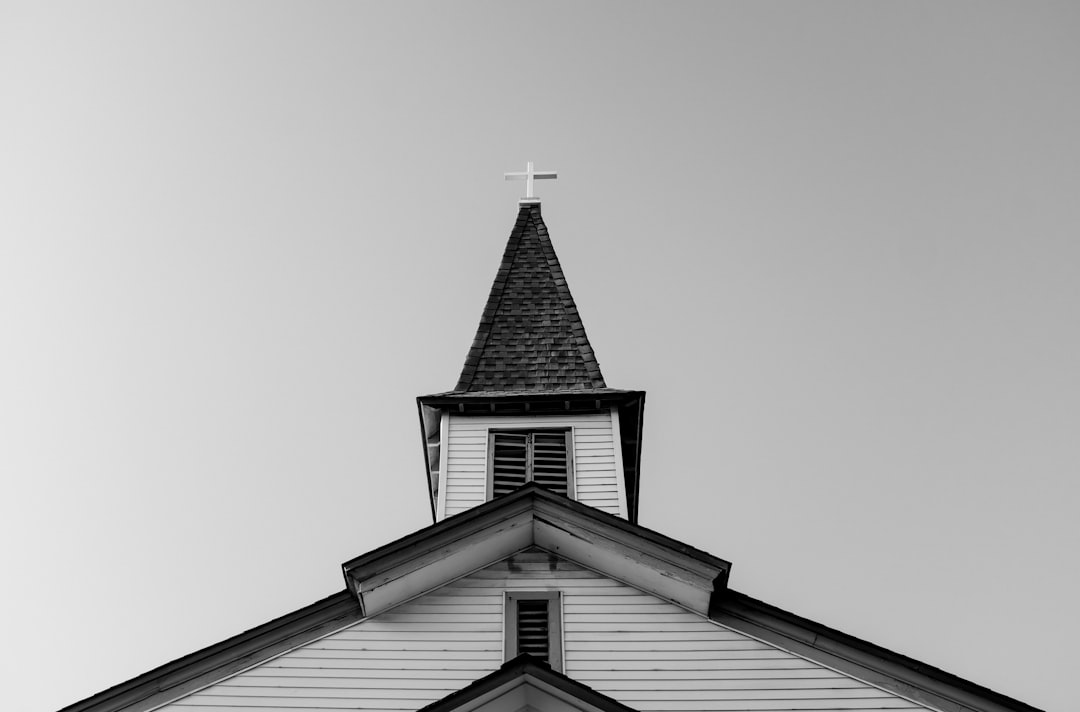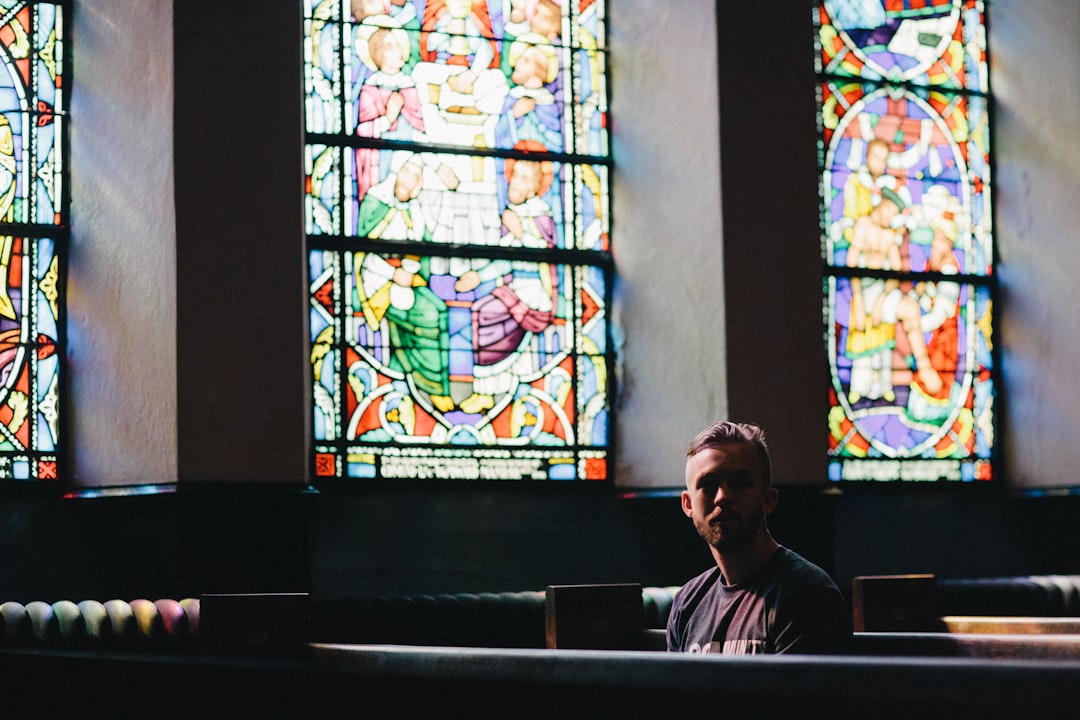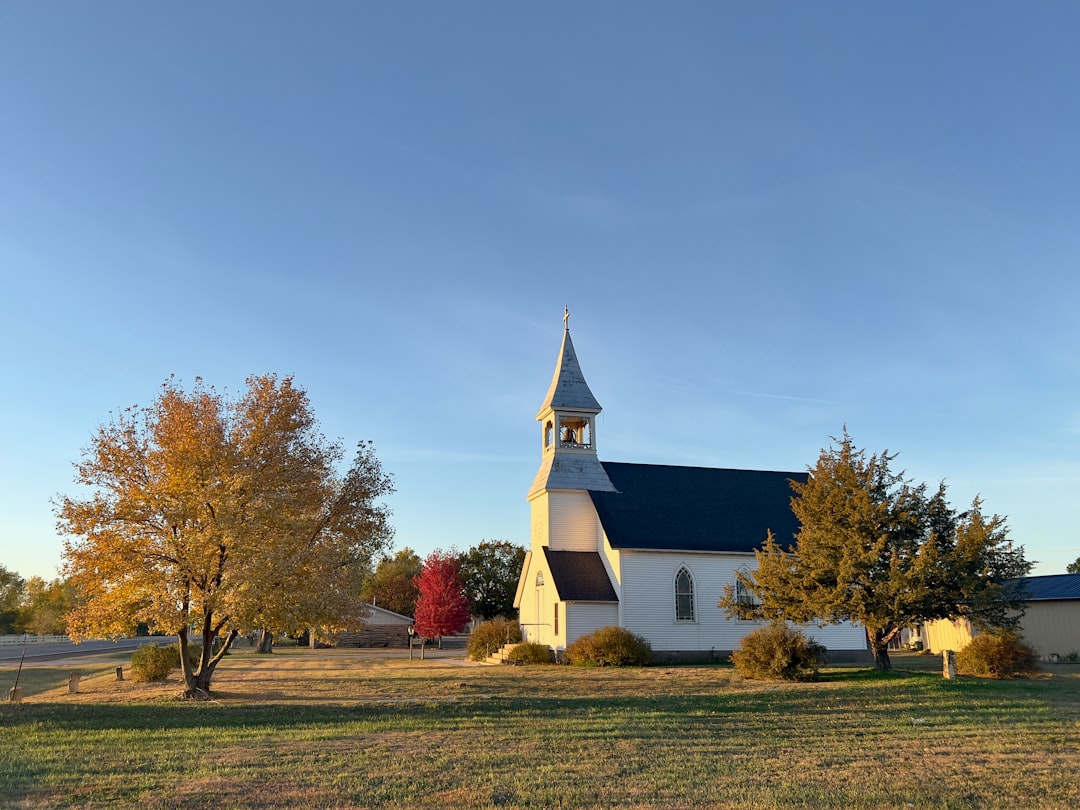Victims of spiritual abuse by religious leaders in Arkansas can find legal recourse with specialized clergy abuse attorneys. These professionals guide clients through complex legal processes, advocate for their rights, and work towards settlements offering closure, compensation, financial restitution, and tailored counseling services. By expertly handling investigations, negotiations, and potential litigation, these attorneys promote healing and ensure fair outcomes, leveraging their deep understanding of state laws related to religious institutional misconduct. Consulting a qualified clergy abuse attorney in Arkansas is crucial for survivors seeking justice, closure, and empowerment to hold accountable those who caused them harm.
In Arkansas, clergy abuse settlements have emerged as a critical aspect of legal reconciliation, offering closure and compensation to victims. This article delves into the intricate process of these negotiations, especially the role of skilled clergy abuse attorneys. We explore how these professionals guide survivors through the steps towards justice, ensuring fair compensation for their suffering. Understanding the legal framework is essential for both victims seeking healing and clergy abuse attorneys advocating for their clients in Arkansas.
Understanding Arkansas Clergy Abuse Settlements: A Legal Perspective

In Arkansas, clergy abuse settlements have been a significant legal and societal issue. When individuals suffer from emotional or physical harm due to spiritual abuse or misconduct by religious leaders, seeking justice is crucial. A clergy abuse attorney in Arkansas plays a vital role in navigating complex legal processes, ensuring victims’ rights are protected. These attorneys help clients understand their legal options and work towards reaching settlements that provide closure and compensation for the endured trauma.
Settlements in such cases often involve financial restitution, counseling services, and other forms of support tailored to the victim’s needs. The legal process requires careful handling due to the sensitive nature of clergy abuse allegations. An experienced Arkansas clergy abuse attorney guides clients through investigations, negotiations with religious institutions, and potential litigation, ensuring a fair outcome and promoting healing for those affected.
The Role of Clergy Abuse Attorneys in Negotiating Fair Compensation

In the complex landscape of Arkansas clergy abuse settlements, clergy abuse attorneys play a pivotal role in advocating for victims and securing fair compensation. These legal professionals are equipped with extensive knowledge of state laws pertaining to sexual misconduct within religious institutions. They guide clients through the intricate process of negotiating settlements, ensuring that victims’ rights are protected.
Clergy abuse attorneys in Arkansas employ strategic tactics to navigate sensitive discussions with insurance companies and church leaders. Their expertise lies in presenting compelling evidence, including historical records and expert testimony, to build strong cases for their clients. Through robust negotiations, these attorneys strive to achieve just outcomes, providing closure and financial support to individuals who have suffered profound trauma due to clerical abuse.
Navigating the Process: Steps Towards Justice and Healing for Victims

Navigating the process of seeking justice and healing after experiencing clergy abuse in Arkansas involves several steps, each designed to ensure victims’ voices are heard and their rights protected. The journey begins with consulting a qualified clergy abuse attorney in Arkansas who specializes in these complex cases. These attorneys have the legal expertise to guide survivors through the nuances of state laws and church governance structures, ensuring they understand their options and potential outcomes.
Next, victims can expect an initial consultation where they can share their experiences freely and confidentially. The attorney will assess the case, gather relevant evidence, and discuss potential avenues for legal redress. This may include financial compensation through settlements or lawsuits against responsible parties, which could include the clergy member, church leaders, or both. Through this process, victims not only gain access to much-needed resources but also play a crucial role in holding accountable those who caused them harm, paving the way for healing and preventing similar tragedies in the future.






